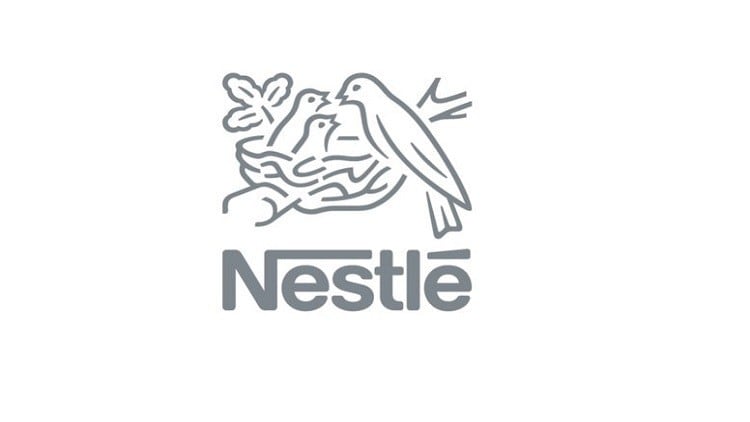The palm oil must be RSPO-certified according to the recently-ratified RSPO Principles and Criteria 2018 and RSPO Supply Chain Certification.
This change would apply to companies with an RSPO membership which already buy palm oil for any purpose, so major food brands such as Nestle and Mondelez would be covered by the plan. RSPO membership is on a voluntary basis.
As of 2018, Nestle’s Communications of Progress to RSPO put its current RSPO-certified palm oil usage within Asia at 63% in Indonesia, 54% in Malaysia, 4% in India, 0% in China, and 45% in Rest of Asia.
In Oceania this number was 97%, Europe saw 56% in total, and the Middle East was 42%, but this fell below 10% in other major regions such as Latin America (8%), Africa (4%) and North America (0%). The firm’s target for 100% RSPO-certified sustainable palm oil usage globally was listed as 2023.
Mondelez’s numbers were much higher, claiming to have achieved 100% RSPO-certified sustainable palm oil usage across all countries worldwide since 2013 in its progress report.
Despite recent media reports including in Reuters and Malaysiakini that these rules would be implemented in November 2019, RSPO CEO Datuk Darrel Weber told FoodNavigator-Asia that this is still in the proposal draft stage, and has not been set in stone.
“The first draft of the rules for Shared Responsibility included a proposal that members who buy palm oil are to increase the proportion of their sustainable purchases by 15% every year,” he said.
“At this point in time neither these, nor any other terms within the rules for Shared Responsibility have been confirmed, and are subject to change.”
He emphasised that the rules, if confirmed, would apply to all RSPO member companies, large or small.
“The concept of shared responsibility has been discussed and agreed upon for a number of years across RSPO membership and supported through several General Assembly (GA) resolutions,” said Datuk Weber.
“The rules are targeted at all RSPO members, as we share the responsibility to achieve our vision to ‘transform markets and make sustainable palm oil the norm’.”
He remained coy when queried about the main reasons that current RSPO members are not proactively increasing these sustainable purchases of their own accord, but emphasised that shared responsibility is required from all stakeholders, including governments, to make this work.
“We have long recognised that different markets will move at different speeds when it comes to the uptake of certified sustainable palm oil (CSPO). However, we cannot speculate as to why certain companies purchase more, or less, CSPO,” said Datuk Weber.
“[All] actors along the sustainable palm oil supply chain must do their part [and] governments should build on the voluntary initiatives from the private sector, by implementing binding rules to ensure companies follow high standards to act responsibly and address social and environmental issues.”
Although the potential penalties for members that do not accede to this rule have not yet been decided, he added that this is ‘under discussion’.
Low demand, high concerns
One of the possible reasons for a lack of proactive purchase increases could be due to low demand, particularly in the Asia Pacific region.
According to Malaysia-based major palm oil producer Sime Darby Plantation, they are not seeing new demand for sustainable palm oil from buyers like big food companies.
“We are not seeing new demand for sustainable palm oil. [How] do you get others to move towards (sustainable methods) when there's not even an incentive for it?” Sime Darby Plantation downstream managing director Mohd Haris Mohd Arshad told Reuters.
According to Malaysiakini, the premiums that planters receive now for sustainable palm oil have dropped to between US$1 and US$30 per tonne, as compared to the initial US$50 when certification was first introduced back in 2004.
Datuk Weber acknowledged that demand for CSPO was lower in the APAC region as compared to others, but emphasised that progress was being made, especially in the large China and India markets.
“[In APAC], demand is less compared to other regions, however, we are seeing steady growth in Japan, Korea, China, Singapore, India, Malaysia and Indonesia,” he told us.
“[Over the past 12 months], we have successfully formed sustainable palm oil coalitions and alliances [in the] key markets of China and India.
“[We] now have over 153 members in Greater China, of which, 100 are from Mainland China. [Whereas] in India, we’ve seen a 20% increase in membership, a 185% increase in Book and Claim Credits, and now have 81 RSPO supply chain facilities certified, [based] on data from July 2018 to June 2019.”
[Editor's Note: As of November 5 2019, RSPO officially confirmed during its RT17 event that this proposal for a 15% annual increase will proceed, at least for the implementation of these Shared Responsibility regulations in its Year 1 pilot. Follow-up increments will be decided by RSPO based on collected data and analysis from the pilot.]




